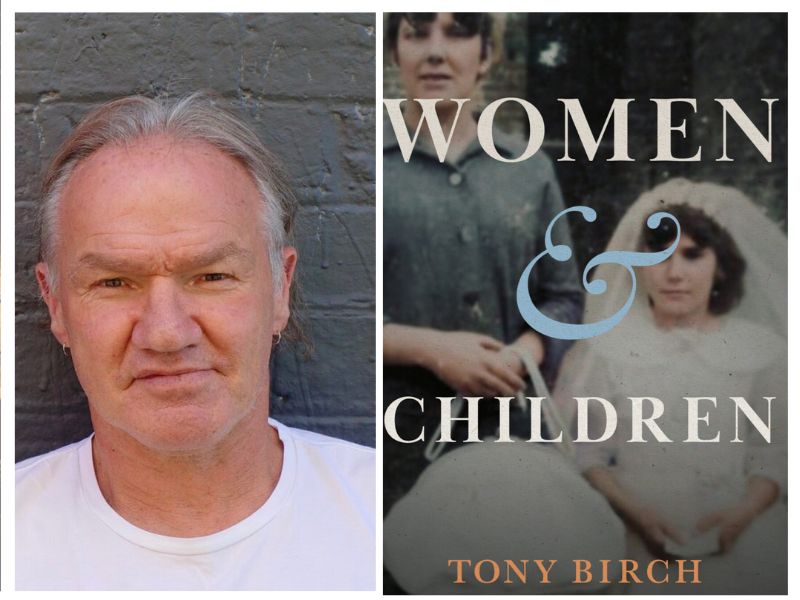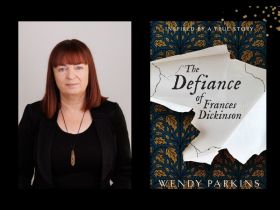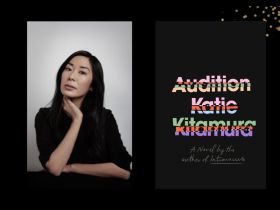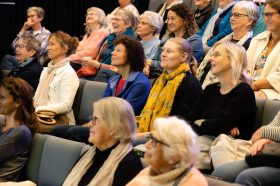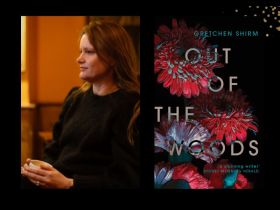Content warning: domestic violence.
Tony Birch’s new novel, Women & Children, seeks to expose the silences of the past. Captivating from its opening line to its last, troubling chapter, it takes the reader into a world constructed so thoughtfully and with such simplicity that it is almost possible to miss the exceptional craft behind it.
The first chapter is a case in point. It’s about 11-year-old Joe and the school he attends, run by nuns who terrify young children with their descriptions of Hell. It tells of the forced consumption of curdled school milk, remembered by so many still today. And it begins to speak of the women who, conditioned by the subservience and acceptance demanded of them by the Catholic Church of the period, try to fight back.
The act of telling is why this particular book had to be written: ‘There are stories that none of us are ready to tell’, Joe’s grandfather points out. ‘They’re the same ones you’ll have to write. People will need to know.’
Set in working class, inner city Melbourne in the mid-20th century, the narrative takes us into the lives of Joe, his sister Ruby, mother Marion and grandfather Charlie, or “Char”, with whom Joe spends his summer holidays.
The surprise arrival one evening of Marion’s sister Oona, badly bruised, gives new meaning to the preceding 98 pages. A chance find now becomes a device that keeps the reader on edge. Casually established relationships, especially those between men and women, suddenly become more ominous as we wonder who we can or cannot trust.
Much like French Nobel Laureate Annie Ernaux, Birch documents those aspects of our past that society tends (or prefers) not to remember. This is, in part, an intimate history of ordinary, individual lives, endearing for its recollection of small decencies that today seem foreign and forgotten.
But there are bigger themes here. Access to knowledge and the agency it can bring, is one. An insidious culture of violence, especially against women, is another. Yet, as with race and religious belief, Birch’s depiction of the experience of violence and the readiness with which it is ignored, is resolute and unshowy, delivering a quiet reckoning to those inherited structures and attitudes that persist today, fostering behaviours that so many prefer (still) not to acknowledge.
There is more too, to admire. Dialogue is homely in exactly the right way and characterisation deft. Marion and Oona never quite feel fully developed, but the valiant Ruby lives on in readers’ memories, as does Char’s kindly friend Ranji Khan, and a dentist with an unusual collection (collecting being another theme of the book). As much as the novel is an exploration of good and evil, feelings are displayed in a way that ensures characters can never be seen as one or the other, even if Birch’s portrayal of priests and nuns does run close to stereotype.
A sharper editorial eye at UQP may have picked up overuse of the qualifier “a little”, as well as one or two sentences where the author’s intended meaning isn’t quite captured, but these stand out only because of writing that has otherwise been worked and reworked to perfection. Free from the overloaded similes and heavy-handed metaphors of so much contemporary fiction, the truths Birch records – and, as with Ernaux, they are truths only he could record – are all the more powerful.
Read: Exhibition review: Titanic: The Artefact Exhibition, Melbourne Museum
The ending, when it comes, is so abrupt as to be almost glib, bordering on unbelievable. But as a conversation earlier in the book warns us, at the heart of even the most astonishing stories lies an important lesson and ‘a necessary truth’.
Women & Children, Tony Birch
Publisher: UQP
ISBN: 9780702266270
Format: Hardback
Pages: 317pp
Publication date: 31 October 2023
RRP: $34.99
This review is published under the Amplify Collective, an initiative supported by The Walkley Foundation and made possible through funding from the Meta Australian News Fund.
